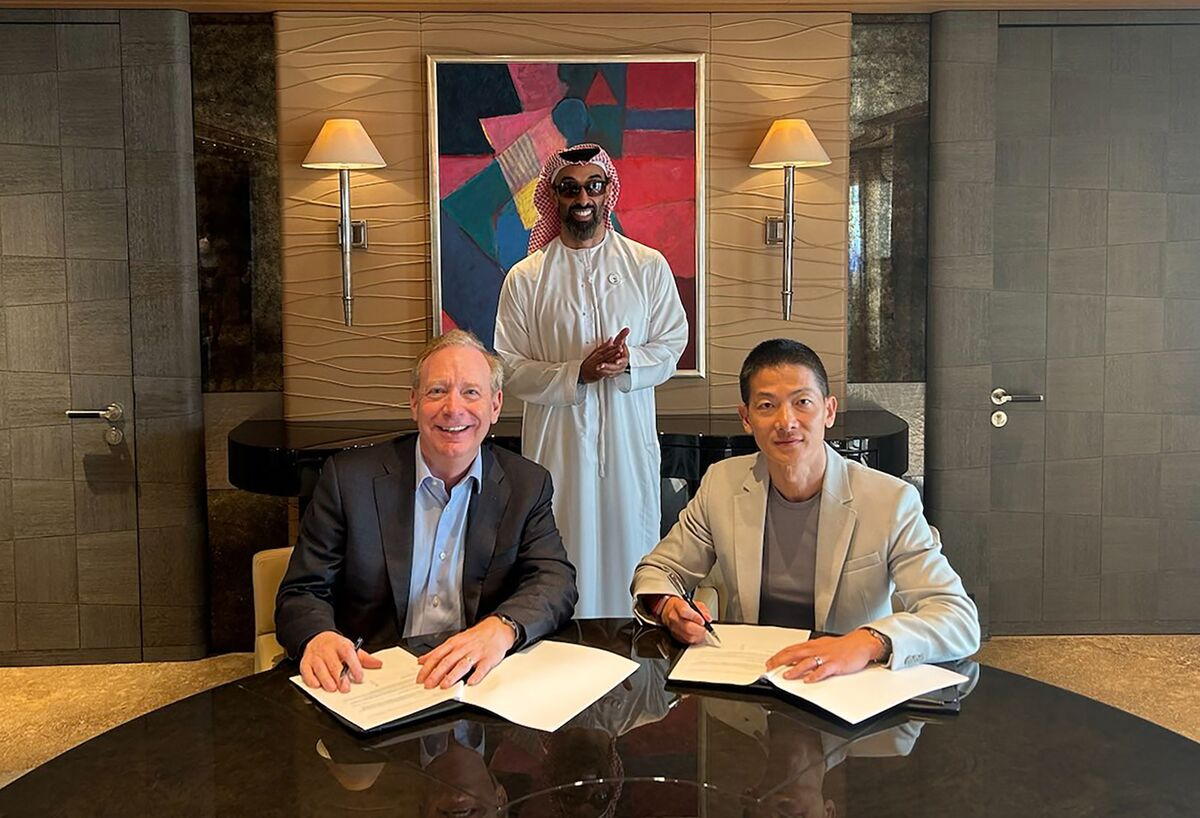White House Says Microsoft’s G42 AI Deal ‘Positive’ As It Ousted Huawei

White House says Microsoft’s $1.5bn investment in AI company G42 was ‘positive’ because it forced Huawei divestment
A White House official has hailed Microsoft’s recent $1.5 billion (£1.2bn) investment deal with United Arab Emirates (UAE) artificial intelligence (AI) firm G42 as a “positive development” because it forced G42 to break off relations with China’s Huawei.
“In a place like UAE… where you had G42 working very closely with Huawei, for example, we have an interest in changing that picture,” said White House technology advisor Tarun Chhabra at a Washington, DC event hosted by the think tank Council on Foreign Relations.
“The effort to work with Microsoft as an alternative to Huawei is generally a positive development and one that we want to encourage,” Chhabra said, according to a Reuters report.
He said the White House was monitoring the rollout of AI systems.

‘Keeping a close eye’
“We are keeping a close eye on the latest models as they are released, whether they are open sourced, whether they are proprietary. We want to know what are their capabilities,” he said.
Huawei has been on a US trade blacklist since 2019, since which time the US has instituted increasingly strict export controls against China generally as well as particular Chinese tech firms.
In the meantime the country has tried to convince allies to break off relations with Chinese tech firms, and Huawei in particular.
AI has become the latest battleground between the US and China over the past year, with both sides contesting for influence in the Middle East.
Microsoft’s unusual April deal with G42 required the firm to divest from China and rely on American technologies.
Huawei Cloud
The deal placed security restrictions on AI technologies shared with G42, and required the Emirati firm to strip its systems of Chinese equipment, including Huawei gear, The New York Times reported.
The deal also sees Microsoft president Brad Smith joining G42’s board and G42 using Microsoft’s Azure Cloud infrastructure for its AI applications.
Huawei Cloud, the second-biggest cloud provider in China after Alibaba, has been expanding overseas in regions including the Middle East, with a Riyadh data centre launched last September.
Last month the company launched an Arabic-language AI large language model (LLM) along with Egypt’s first public cloud service in Cairo.
Arabic LLM
It said at the time the LLM had a 96 percent speech recognition rate, enabling it to cover 20 Arabic-speaking countries.
The model was trained on data sets including digital power, oil and gas and finance so that it can support different specialised sectors.
Huawei has also become a key domestic provider of AI accelerator chips in China as the supply of advanced Nvidia GPUs has been cut off by US sanctions.